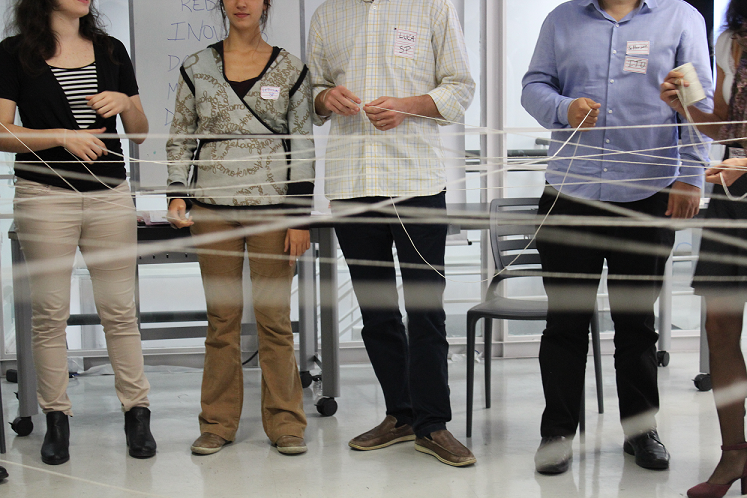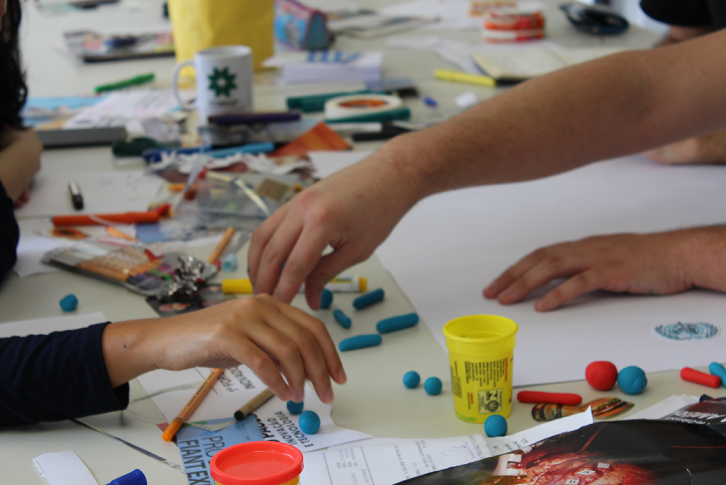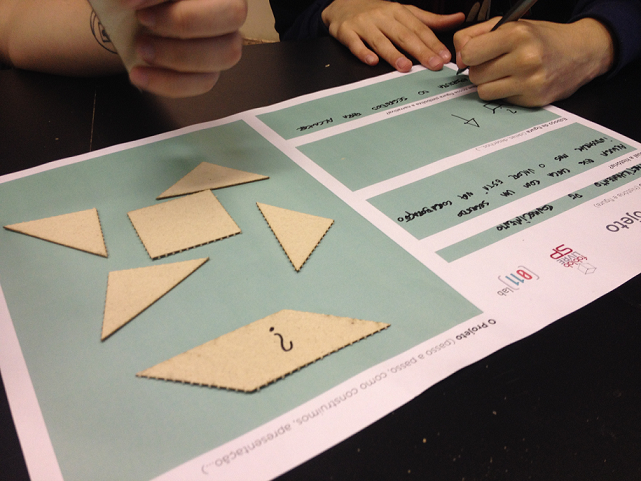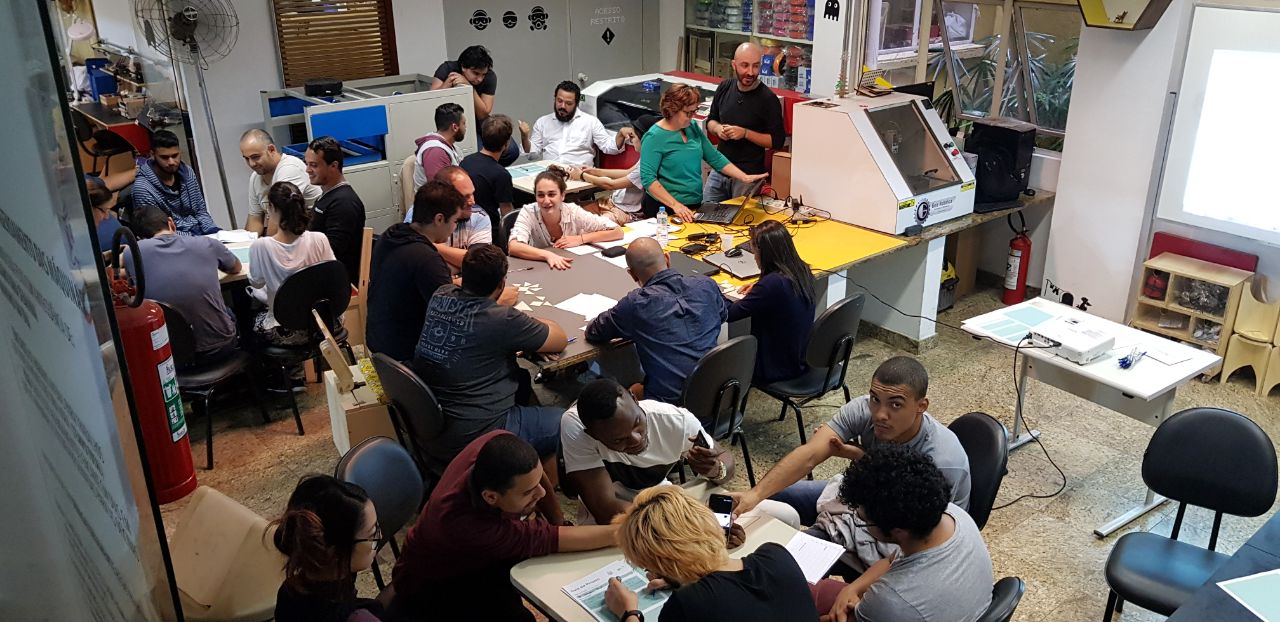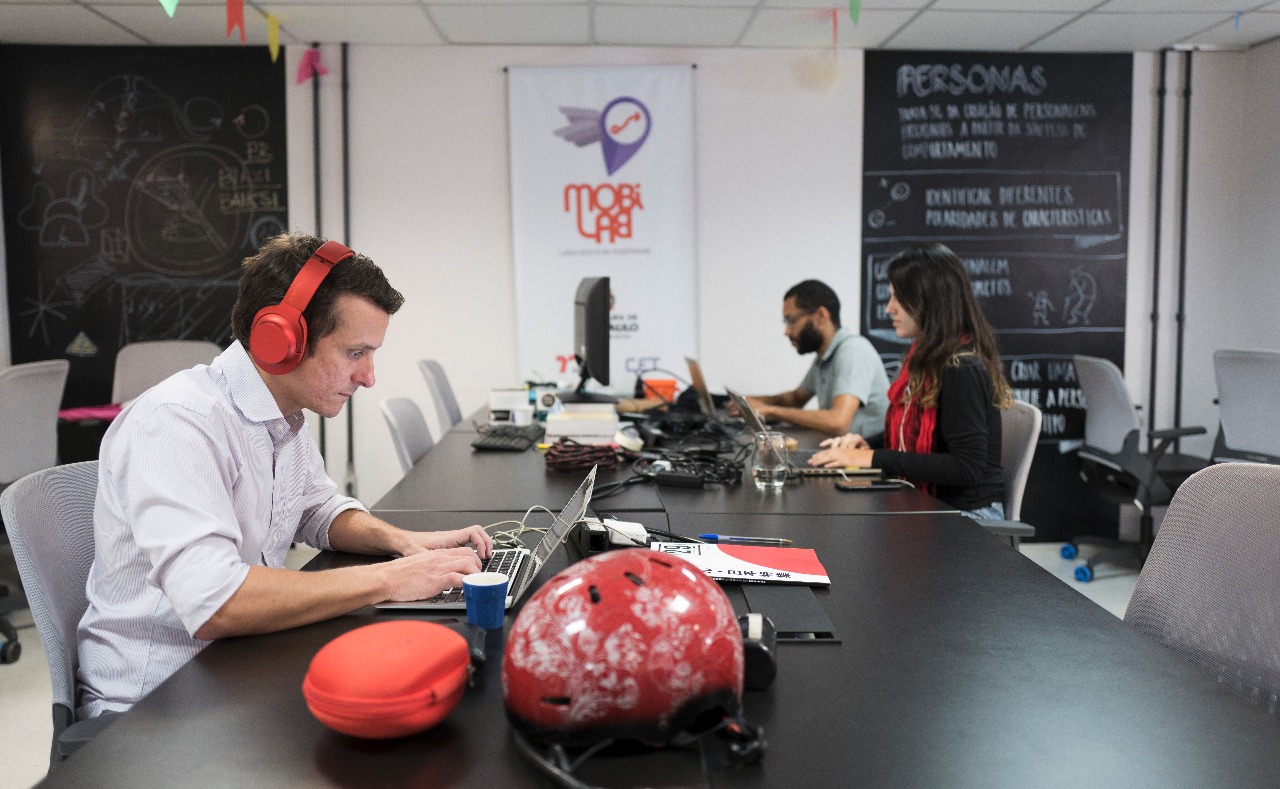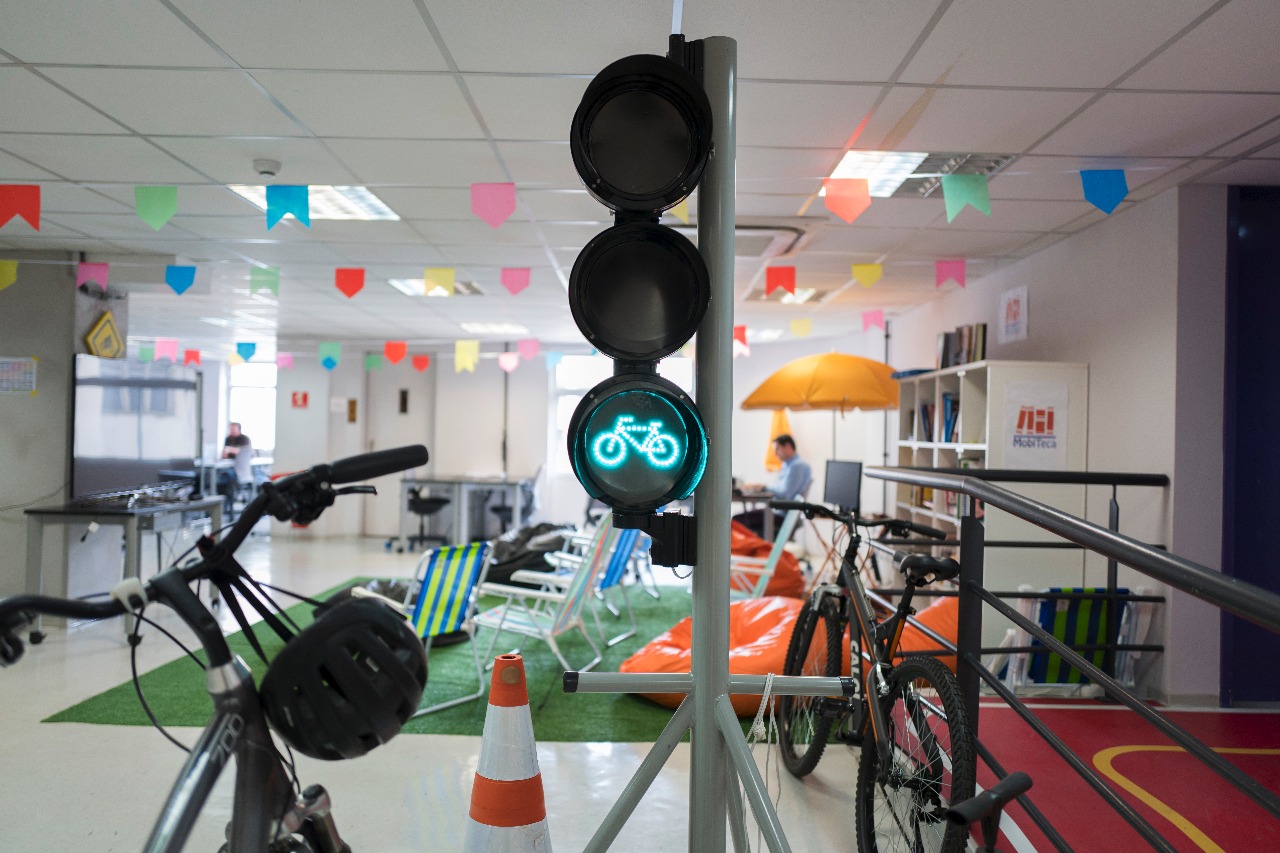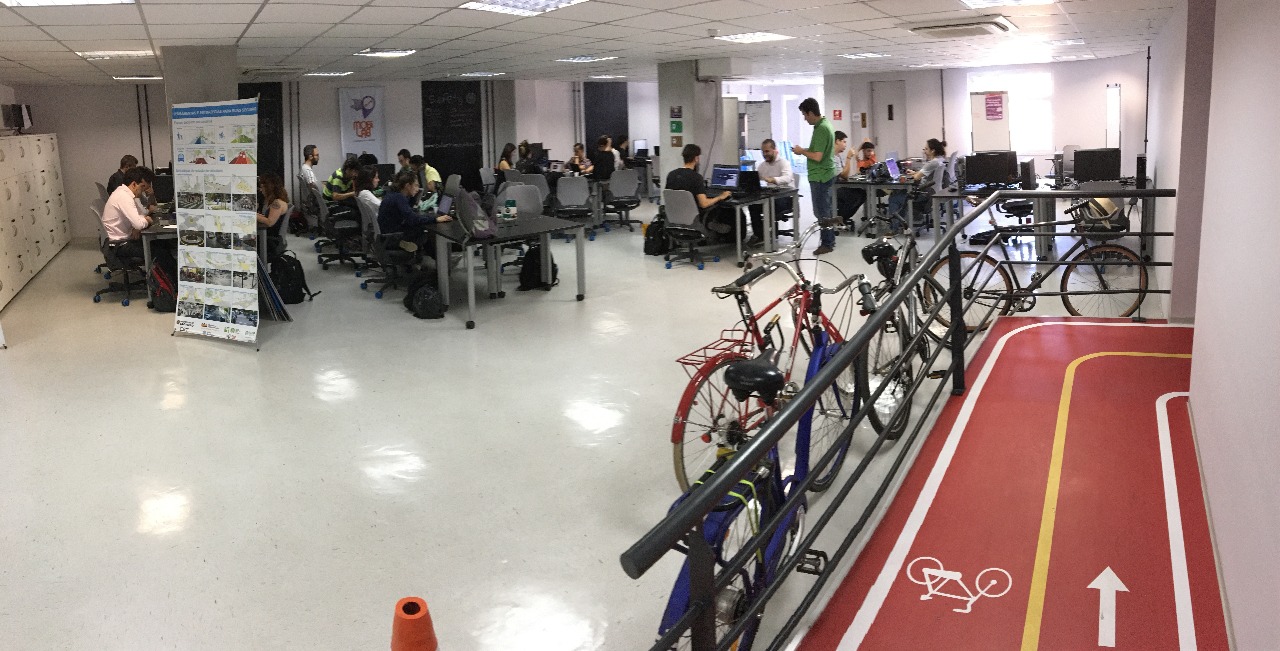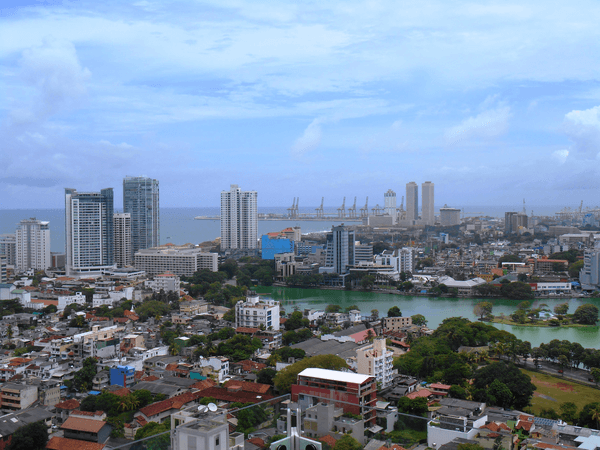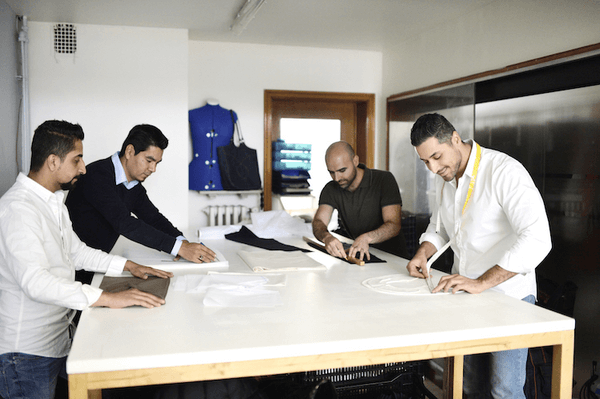São Paulo’s city government has made significant steps in strengthening its innovation culture. In January 2017, the Municipal Secretary of Innovation and Technology was created, reflecting the government’s concern in fortifying innovation and technology initiatives in municipal management. Following the development of innovation promotion guidelines and a leadership mandate for modernization projects, (011).lab - Government Innovation Lab, and MobiLab - Laboratory of Innovation in Mobility were established and now form the new Innovation Ecosystem of São Paulo.
- The MobiLab, Laboratory of Innovation in Mobility was created by the Municipal Secretary of Mobility and Transport, focusing on changing the city administrations’ relationship with technology, by introducing innovation, transparency, startups and citizen engagement as priorities. MobiLab was created in March 2014, however, its format was significantly changed and in the second half of 2015 the lab commenced operating as a platform for public innovation in urban mobility. In partnership with Bloomberg Philanthropies’ Road Safety Program, MobiLab benefitted from data usage for the production of data based public policies. In 2017, a partnership was established between the Municipal Secretary of Innovation and Technology and the Municipal Secretary of Mobility and Transport for innovative management, and the lab was now managed through an arrangement of shared governance. The MobiLab has two main focus areas:
(1) bringing technological solutions to challenges identified by municipal bodies in charge of transport management. In November 2017, a public call for startups and small companies to present projects was announced.
(2) offering a program of mentorship and residence to startups that work in the urban mobility field. After a selection process in June 2016, selected startups now have access to the MobiLab coworking space and benefit from training and mentoring activities and have the opportunity to prototype their solutions with the City government of São Paulo.
- The (011).lab was created in August 2017, by the Department of Innovation and Technology, aiming to provide an open space for testing innovative methodologies and to prototype creative solutions to address public issues. By connecting people from inside and outside the public sector, the lab intends to generate positive impacts in municipal management and for citizen’s quality of life. A study of 57 public innovation labs around the world was carried out, as well as interviews to exchange experiences and learnings with 15 of them. Mentoring and training activities with other public innovation labs such as GNova, from the Brazilian federal government and MindLab, from Denmark were carried out aiming at consolidating visions, values and missions and guidelines for action. Each project developed by the (011).lab involves:
- collaboration between stakeholders inside and outside the municipal government;
- collaborative development and implementation of the project shared responsibility for eventual risks;
- experimentation of innovative tools and methods;
- innovation skills’ development of the members involved;
- and the promotion of an innovation culture via the creation of new processes and unconventional tools.
Other initiatives in innovation have been created. The Pátio Digital, an open government initiative, was launched in April 2017 by the Department of Education in partnership with UNESCO. The project seeks to strengthen transparency, social participation, and promotes the development of innovative technological solutions with the goal of improving education in the city.
